JFK suffered from back pain from his undergraduate years at Harvard until the day of his assassination.
He underwent four spine surgeries, received hundreds of injections, and relied on a daily therapy regimen which often included massage, exercise, crutches, orthotics, and narcotics.
While running for presidency in 1960, he had to wear an augmented back corset which may have played a role in his death.

The corset which was bound tightly around his lower back and hips forced him to stay upright.
Had he not been wearing the corset, he might have crumpled forward and avoided the second fatal shot to the head on the 22nd of November 1963.
This is not another article about JFK’s assassination.
Everyone called him Jack so I’ll stick with Jack.
I dived into Jack’s biographies, academic papers and online resources to answer this question: What were the deeper reasons for JFK’s chronic back pain?
Because as you’ll read below, the surgeries only made his pain worse.
Table of Contents
The History of a “Perfect” Family
To understand Jack’s chronic pain we have to look at the history of the Kennedy family.
Jack was the second child to Joseph P. Kennedy and Rose Fitzgerald.
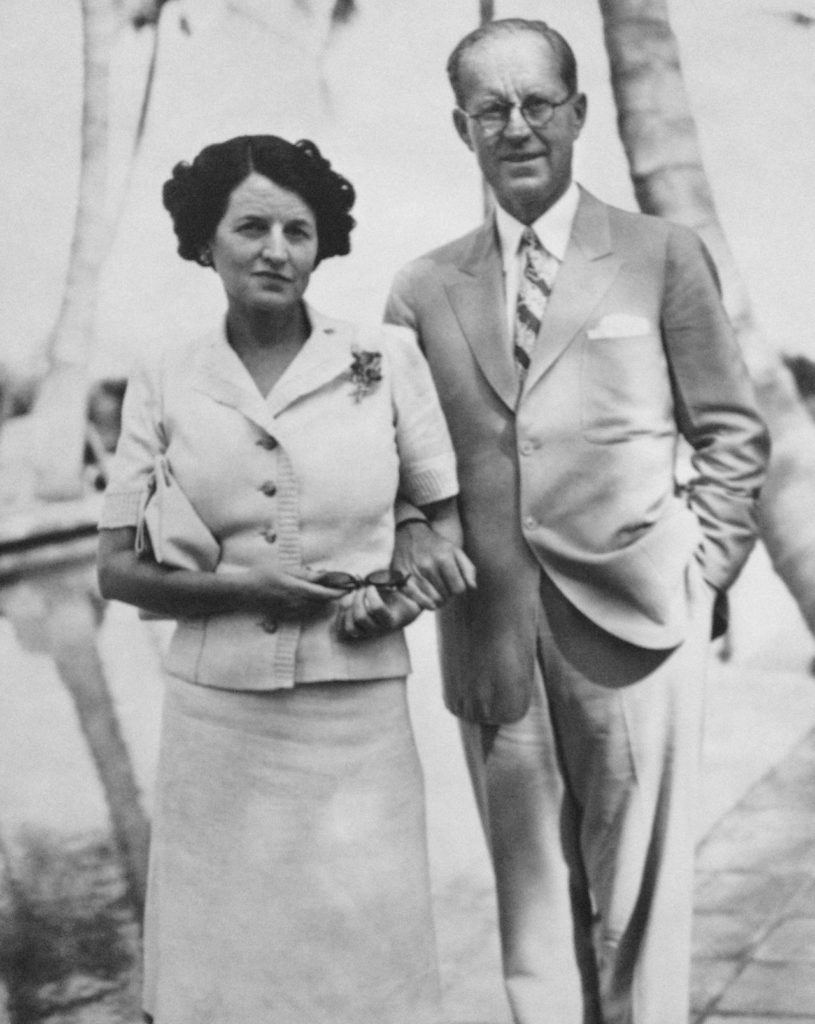
Joseph’s grandmother, Bridget Murphy emigrated from Ireland to the US in the 1800s.
Bridget’s husband died at an early age and left Bridget a widow and single mom.
Bridget worked as a maid for a wealthy family in Boston and managed to save up to buy a general store.
Patrick, Bridget’s only son, worked in his mom’s shop and in his 20’s opened an Irish pub and made a lot of money.
Patrick’s son, Joseph (Jack’s father) was the first to enjoy the fruits of his ancestor’s labour and went to Harvard University.
Joseph was snubbed by his classmates and was denied entrance to several fraternities.
The American upper class of the time looked down on Irish Catholics.
This motivated Joseph to become a millionaire and reclaim his status.
Joseph married Rose Fitzgerald, the daughter of the Mayor of Boston.
Joseph and Rose had 9 children.
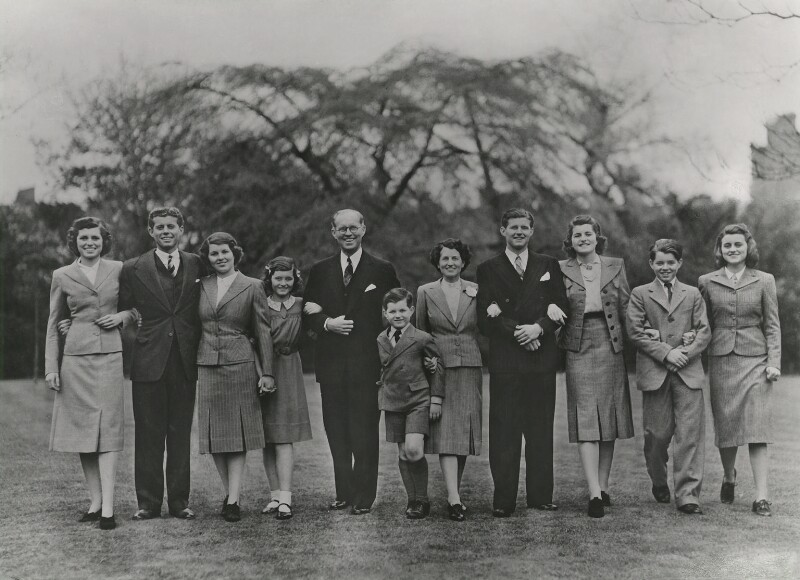
The oldest son, Joseph Jr was the “star” of the family and his parents would often say that he’d grow up to become the President of the United States.
In contrast to his brother, Jack was a weak and sickly child who suffered from various illnesses and spent most of his childhood in hospital.

Jack Craved his Mother’s Love
Jack often had to stay for days in hospital, alone.
He was used to his father’s business trips but he struggled without his mother.
When Rose announced a trip, Jack cried which would infuriate Rose.
She wouldn’t allow crying in the house, “Kennedys don’t cry. If you cry, you’ll be sent back to wherever you come from”.
Rose was strict with her children and everyone had to adhere to strict domestic routines.
In interviews, she also discussed being obsessive about tracking the weight of her children and did not allow them to eat certain foods, as she wanted them to stay lean.
She would discourage any excessive emotional display. Touching, personal warmth, sensuality of any kind, was frowned on.
Jack never complained about his poor health. Instead, he used to make jokes about it.
He always strived to appear strong and emotionless.
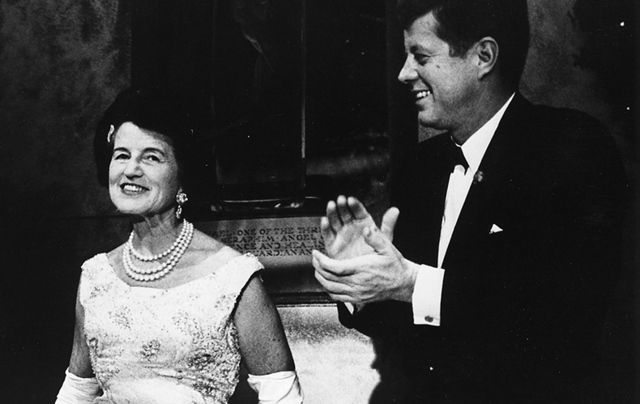
The Unsuccessful Surgeries
Jack was first hit by back pain when he was an undergraduate at Harvard.
Accounts link the onset of his back pain to a football injury in 1937.
However, Dr Smith-Petersen concluded four years later, “I don’t think this is a disc since the pain complained of does not even remotely resemble a disc”.
Jack had been commissioned in the US Naval Reserve by this time.
Dr James White, a naval neurosurgeon, also agreed that Jack’s pain was inconsistent with sciatica and advised against surgical intervention.
Despite being advised against it, Jack underwent surgery (discectomy) at the New England Baptist Hospital (Boston, MA) in 1944.
Jack’s dad, Joseph, told the doctors, “something has to be done!”
The results of the operation were disappointing and short-lived.
Jack wrote: “In regard to the fascinating subject of my operation … I think the doc should have read just one more book before picking up the saw”.
During his years as a Senator, Jack underwent another operation (an early type of what today we’d call fusion) in which a metallic plate was used to support his lower back.
He said to his father, “Even if the risks were fifty-fifty, I’d rather be dead than spend the rest of my life hobbling on crutches and paralyzed by pain”.
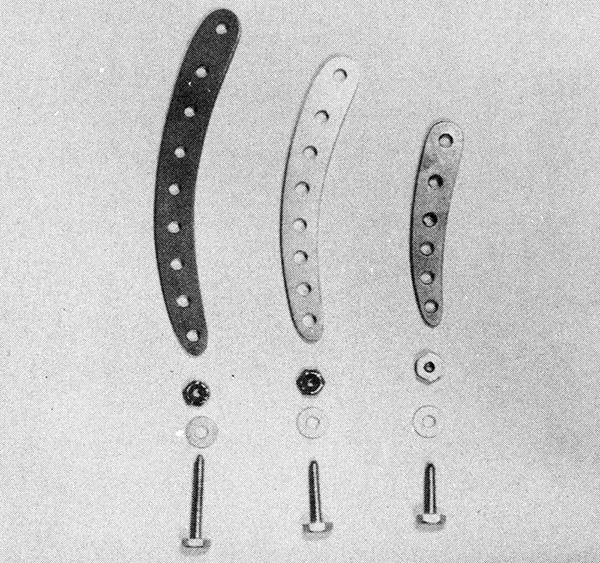
The metallic plate led to an infection and a third surgery was required to remove it.
A few years later, Jack developed another infection which required a fourth operation.
He Had No Option but to Become President
When Jack’s brother Joseph died in 1944 while in action during WWII, Joseph put all his hopes on Jack to fulfil his own ambitions.
A Kennedy had to become President of the United States at all costs.
Jack was competitive as everyone in his family.
Three years before the 1960 elections, when he was told that he might be nominated for vice president he replied, “We’ve been very competitive in my family. My father has been competitive all his life, that’s why he got where he is. I’m not interested in running for vice president, I’m interested in running for president”.
Jack’s Sister’s Lobotomy
Joseph Sr would do anything to protect his status and the status of his family.
He and his wife Rose forced their eldest daughter Rosemary to have prefrontal lobotomy at 23 because they feared she would ruin the family’s perfection and ambition.
Rosemary, also called the “Missing Kennedy”, had a low IQ and when she grew older her parents found her “sexuality” to be dangerous and didn’t let her leave the house.
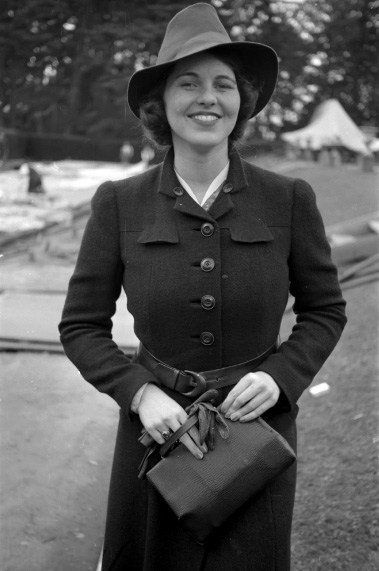
Jack’s Turbulent Marriage
JFK had an array of known mistresses, including Marilyn Monroe, White House intern Mimi Alford, and Marlene Dietrich.
In retaliation, his wife Jackie embarked upon extramarital affairs of her own, including Marlon Brando, Paul Newman, and Warren Beatty.
In one story told by a friend of Jackie’s, Jackie once found a pair of women’s underwear in her White House bedroom and handed them to John, saying, “Can you find out where these came from? They’re not my size.”
Jackie and John came to see their partnership as just that, maintaining love for one another as partners while accepting one another’s infidelities.
While Jack was running for president, Jackie announced to the family that she wanted a divorce. Jack’s father offered her $1 million to stay—knowing that a divorce would destroy Jack’s political future.
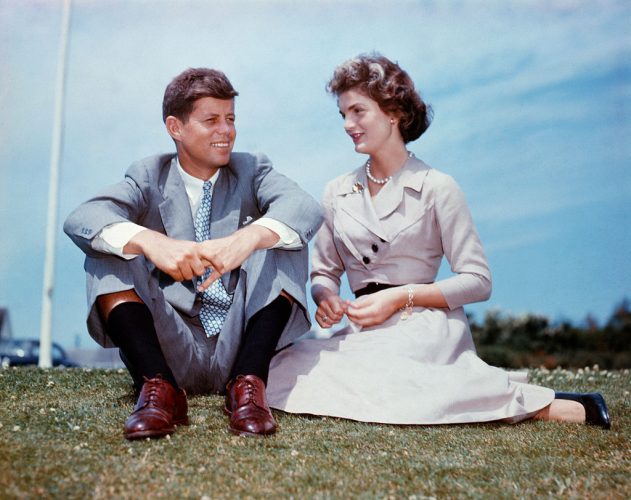
The Deeper Causes of Jack’s Chronic Back Pain
If a client of mine shared a similar story about his life, I would be confident that I could help him.
Chronic back pain is often the result of repressed emotions and childhood trauma.
In Jack’s story there is both.
Trauma doesn’t have to be physical or sexual abuse.
Because of his poor health in childhood, Jack felt he had to continually prove his worth to his parents to guarantee their love.
He felt he had to be strong, emotionless, and perfect like all Kennedys.
He always compared himself to his elder brother who was healthier and more capable—and thus, more lovable, to Jack’s eyes.
He lived his childhood with constant self-doubt: “Am I good enough? Do they love me?”
He once said to his best friend Lem Billings, “I learned to act stoically in the face of my mother’s departures. Better to take it in stride”.
As an adult, he complained in private that his mother never told him that she loved him.
Jack was trained by his parents. “The sins of the fathers are visited upon the children”, goes the saying.
However, it could be said that it was not his parents’ fault either.
Joseph Sr’s family lived with a fear of not belonging after they emigrated to the US. The stigma of being an Irish Catholic left scars on their psyche.
When you realise that your parents were also victims just like you, it becomes easier to forgive. Forgiveness is essential to get rid of chronic pain.
Rosemary’s parents had their daughter lobotomised to protect themselves from shame.
And the Football Injury?
Cause and effect bias is the sneakiest trap when it comes to chronic pain. Human beings are obsessed with finding the reason behind everything. Sometimes, that protects our sanity. “How on earth could this ever happen? I’m driving myself crazy”.
However, our judgement can be biased by our mindset, experiences, circumstances, ego, and thousands of other factors—internal or external.
Is there anything more obvious to blame than a football injury? Or that piece of furniture you lifted a month ago? That’s the problem with the obvious things.
Our spine is much stronger than we think. If our spine got damaged every time we lifted a heavy object, it is unlikely that the human species would be where it is today. Builders wouldn’t exist—let alone weight lifters! You can learn more about injuries and back lies in my article here.
At other times, we use an “unfortunate external event that’s beyond our power” as a scapegoat to protect our ego—either consciously or unconsciously. Surviving an accident makes us heroes and sanctifies our back pain. It makes us special. People sympathise with us, accept us, love us.
However, when we admit that the root of our pain is psychological, we appear weak, “Seriously? Childhood trauma? You? Repressed emotions? Fear? Anxiety? Depression? I always thought things like these didn’t touch you”.
Back Pain and Responsibilities
It’s quite common to experience back pain when entering adulthood—as happened to Jack.
The war was an opportunity for him to prove his self-worth.
Failing physical tests repeatedly while trying to enlist for the Army caused more frustration and anger—and eventually more pain.
It’s a vicious circle.
For someone who’s extremely competitive, this can often make things worse.
My own pain started in my undergraduate years.
I was anxious and faced with all the decisions I had to take on my own back then. Academic or corporate? Move to another country? How am I going to find the money?
Infidelities as a Coping Mechanism
Repressed emotions are energies which have to be released. That’s why people with chronic pain might turn to an addiction that helps release that unconscious repressed energy.
Drugs, alcohol, smoking, porn or extramarital affairs serve this purpose.
I don’t like the word addiction so I use the word habit instead.
All these habits are nothing to be ashamed of.
The problem is that these habits don’t offer a complete discharge of the repressed emotions.
They may provide some temporary relief but unless the unconscious beliefs are addressed, the tension builds up—and so does the pain.
The Connection between Jack’s Back Pain and his Other Illnesses
Jack suffered from other health conditions such as Irritable Bowel Syndrome and possibly Crohn’s disease—a disease which involves gut inflammation and whose cause is still unknown in western medicine.
This is another clue that his pain was not injury-induced but brain-induced, neural-pathway pain.
Modern neuroscience has shown that when someone suffers from emotional pain, the parts of the brain that are activated are identical to those activated when they get a physical injury.
People who suffer from chronic back pain also may have other conditions including stomach pain, IBS, migraines, herniated hernia, skin conditions, eczema, psoriasis, depression.
Final Words
If Jack read this article, he would probably deny most of it.
Why?
Because most of these emotions are unconscious and repressed.
It takes time and courage to arrive at all these realisations.
You have to be ready to face the dark side of reality, accept it and move on.
That’s why some may prefer to stay in pain rather than do this work.
They spend hours in online communities craving the sympathy and love of others who make them feel special by “appreciating” their pain.
However, there are those who refuse to compromise their full potential—sooner or later they will face their fears and conquer their pain.
I work with those people because once I was one of them.
With love, Angelos
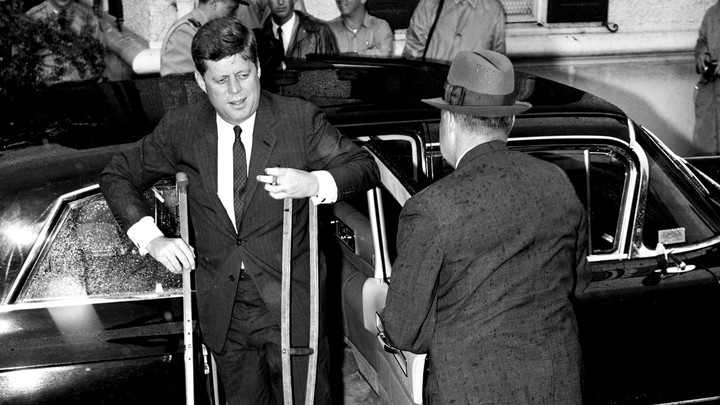
3 replies on “John F. Kennedy’s Chronic Back Pain Explained”
Awesome! Great search. Astonishing.
I agree 100% with you. Thanks a lot !
JFK was for sure a very torturated man. He probably lived in a permanent emotional hell.
Thank you, Miquel. Glad you you liked it.
Fantastic insight. I never knew that JFK was a sufferer of chronic pain (TMS), but he certainly fits all the criteria in the context of his family, academic performance, and career ambitions. Great research Angelos.